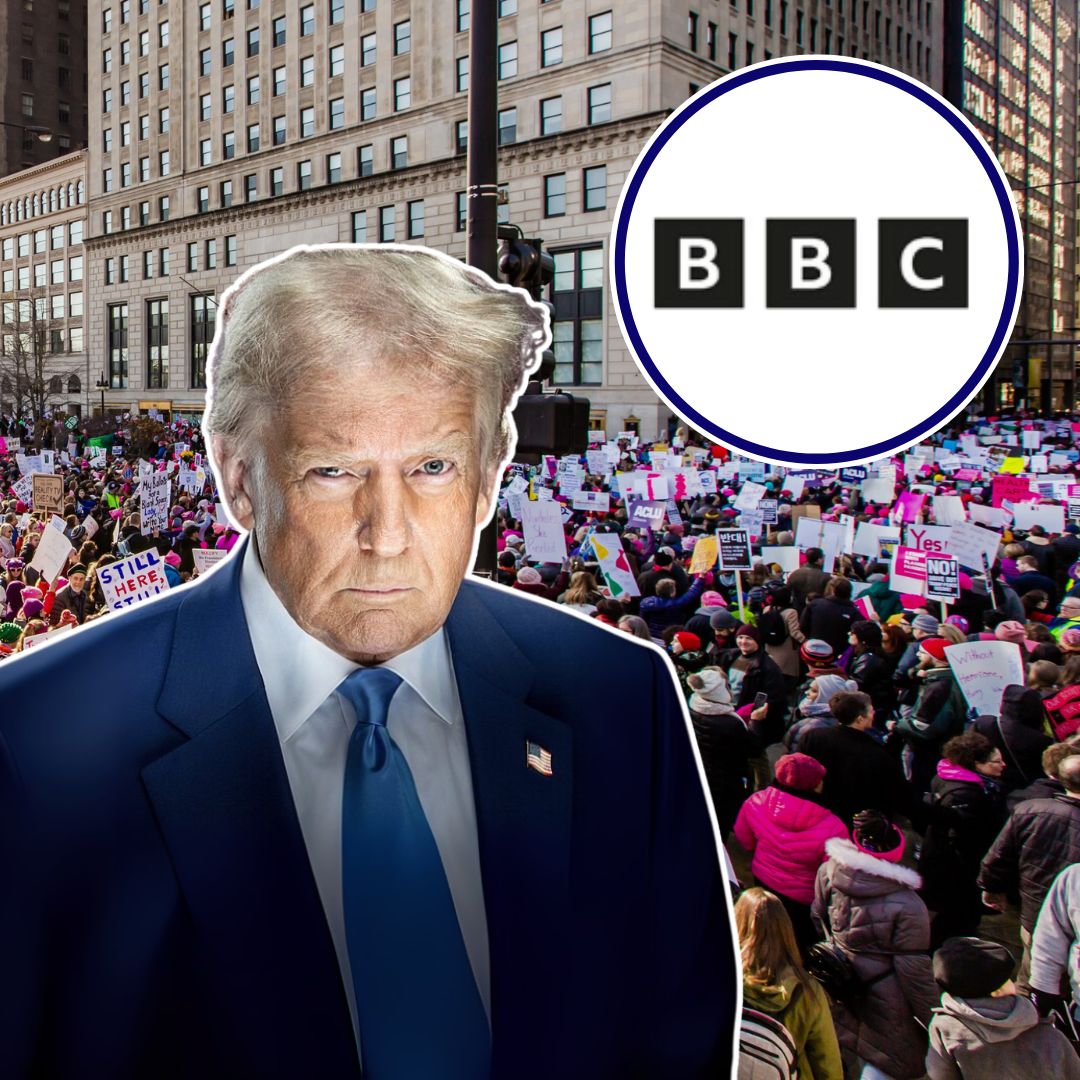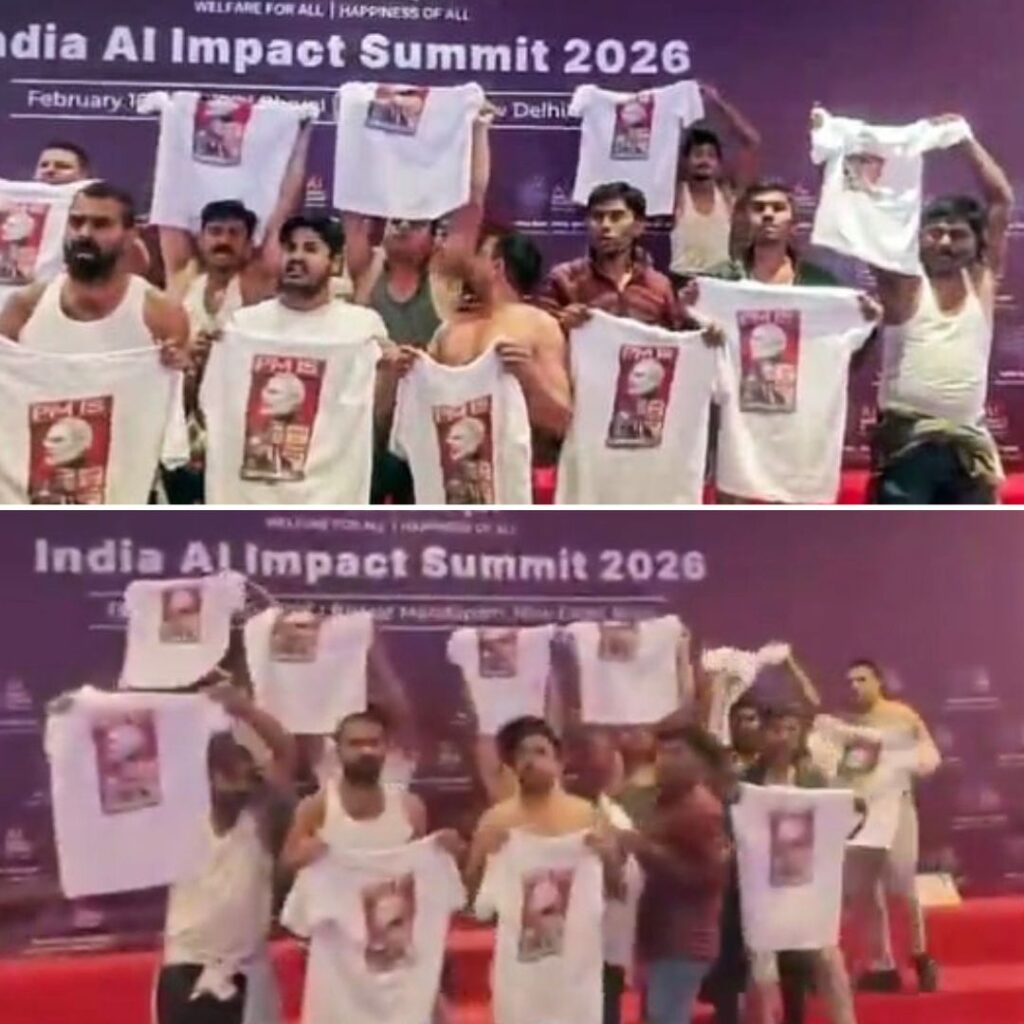The BBC has formally apologised to Donald Trump for a mis-edited segment of his January 6 2021 speech used in a documentary on its flagship programme Panorama.
The broadcaster acknowledged the edit “gave the mistaken impression” that he had made a direct call for violent action. While the BBC issued the apology, it maintains there is no legal basis for Trump’s defamation claim and will not rebroadcast the documentary.
BBC Panorama Episode
In the documentary titled “Trump: A Second Chance?”, the BBC spliced together parts of Trump’s speech delivered on January 6 2021, one line where he said, “We’re going to walk down to the Capitol…” with another delivered almost an hour later in which he said, “and we fight. We fight like hell.”
The edit created the impression of a single continuous exhortation to violence, omitting prior context where Trump urged his supporters to protest “peacefully and patriotically”.
The broadcaster’s chair, Samir Shah, personally wrote to the White House in a letter expressing regret and acknowledging the “error of judgment”. He stated the BBC accepts the way the clip was edited “gave the impression that President Trump had made a direct call for violent action.”
Legal Threat and BBC’s Response
Trump’s legal team had issued a letter threatening the BBC with a US$1 billion defamation lawsuit, demanding a full apology, retraction and compensation unless the documentary was withdrawn and revised.
The BBC responded by apologising for the error, confirming the documentary will not be rebroadcast in its current form, yet firmly rejecting the basis of a defamation claim. The broadcaster argued that Trump would face significant legal hurdles in either UK or US courts, including statutory limitation issues and jurisdictional problems given the clip’s broadcast context.
Fallout for BBC Leadership
The controversy has triggered major corporate shake-up at the BBC. Both Director-General Tim Davie and News Chief Deborah Turness resigned in quick succession, citing damage to the broadcaster’s reputation and the need for accountability.
In addition to the single-edit controversy, internal memos leaked to the press raised allegations of systemic bias at the BBC. The Panorama incident has become a focal point of broader scrutiny of editorial standards across the organisation.
What Happens Next
While Trump has yet to file a formal lawsuit, his legal team has given the BBC until November 14 to respond to its demands. If the broadcaster fails to meet the deadline, Trump’s team reserves the right to proceed with legal action.
Media-law experts however contend that Trump faces steep obstacles. In US jurisdictions such as Florida (where Trump resides), defamation law places a high burden of proof on public figures, and in the UK the time window to launch a claim has likely expired. Additionally, the documentary reportedly never broadcast in the US, which further complicates jurisdictional standing.
Keep Reading: ‘U.S. Lacks Certain Talents, We Have to Bring in People’: Trump Justifies H-1B Visas After Imposing $100K Fee
The Logical Indian’s Perspective
This episode highlights the essential role of truthful, accurate journalism in maintaining democratic trust and social cohesion. Media outlets must balance investigative zeal with responsibility to fairly represent facts, avoiding manipulation that fuels division. Transparent corrections and accountability are crucial when mistakes occur to restore faith in public discourse.














